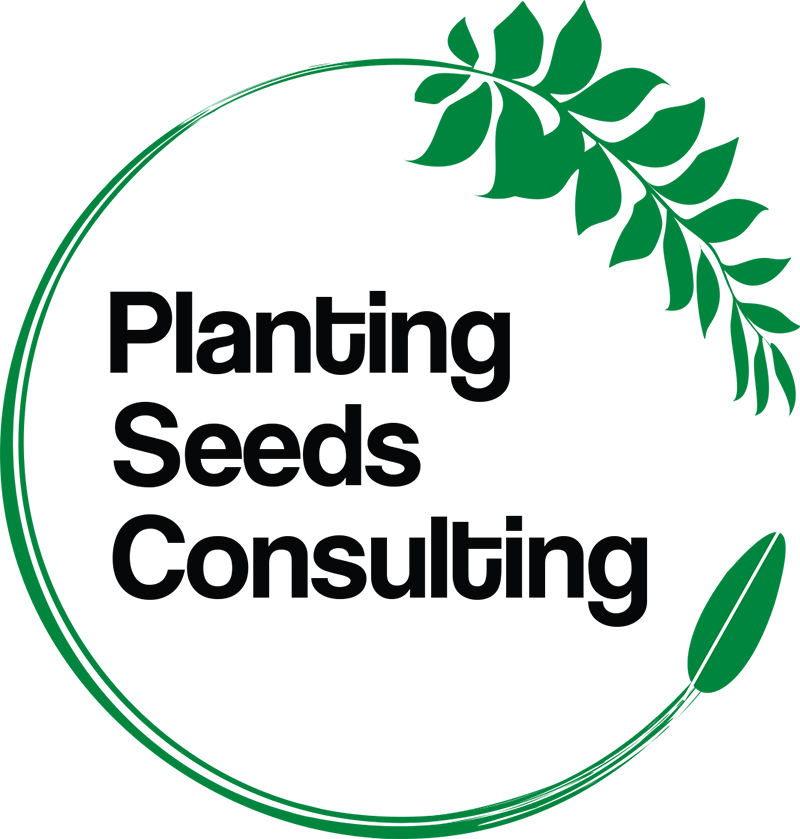Resilience Hub
CITY OF SAN LEANDRO
Project Type
Networks of Resilience Hubs
Location
San Leandro
Date
April 2022 – June 2023
Year-long Training
for Resilience Hubs, Spaces and neighborhoods
Recognizing the vast potential in building a network of resilience hubs that are “ready for anything”, the City of San Leandro’s Sustainability Manager Dr. Hoi-Fei Mok began partnering in 2021 with the NorCal Resilience Network to introduce this approach to San Leandro residents, securing funding from the Urban Sustainability Directors Network and co-creating an 8-month leadership training with more than 100 residents, 30 community groups and 10 government partners from across the Bay Area, including the Church of Christ and Temple Beth Sholom in San Leandro.
“We thought, there is so much passion for climate justice. How could we center this as a core Jewish value? The resilience hubs training in 2021 was incredible in that it helped us to understand our assets and how to best center community needs and connect with other organizations doing aligned work,” noted Temple Beth Sholom’s Executive Director Beth Zygielbaum.
In 2022 the City reaffirmed its commitment to developing a network of resilience hubs by funding another leadership training cohort just for San Leandro sites, in collaboration with Planting Seeds Consulting. The training program offered both online and in-person capacity workshops, consulting, stipends and grants to support the development of the sites as resilience hubs.
The City listened to the needs of Black, Indigenous, people of color (BIPOC) communities by including not just facilities but small businesses and neighborhoods as well in its vision to build a network of resilient places. Participants included: five places of worship: Church of Christ, Temple Beth Sholom, Faith Fellowship Church, First United Methodist Church, and Bethel Presbyterian Community Church; and three non-profits: the Davis St. Community Center, the Korean Community Center of East Bay (KCCEB), and Teen Advocacy Going Strong (TAGS), a teen-run reuse clothing store and nonprofit.
A key distinction of many resilience programs is that the projects are driven by the sites and the communities. The City and USDN do offer checklists of suggested programs and infrastructure, from solar with battery backup to emergency supplies. But it is the sites themselves that decide what their resilience hub will look like and feel like.
The Church of Christ, for example, has been working alongside the surrounding neighborhood through a shared steering committee since 2021 to plan and implement projects and events to build local resilience, from buying a generator and disaster preparedness supplies to organizing lively block parties and installing a community garden.
“The church is excited to develop as a Resilience Hub because for a long time, we have wanted to be of greater service to our community. As a Resilience Hub, we can finally be more of an asset, resource, and connection point for the neighborhood.” said Church leader Judy Square.





